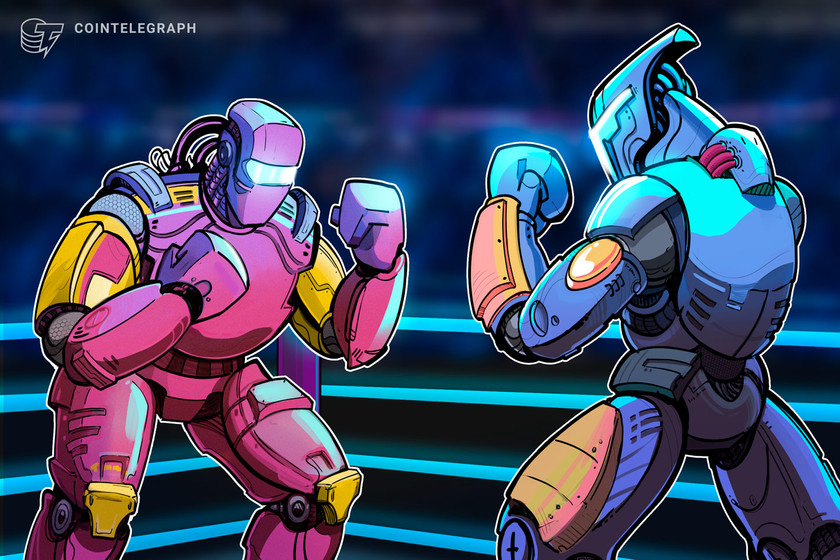Ethereum is plagued with criticisms of its less than optimal scaling capabilities and high gas prices. There have been talks about increasing the scaling capacity of the Ethereum mainnet for a while now.
However, the Ethereum ecosystem needs a solution for scaling right now, and if Ethereum is not able to give these new applications a platform with enough scaling capabilities, they can seek alternatives like the BNB Chain or Cardano. Optimism rollout was created to solve exactly the scalability problem of Ethereum.
Optimism Rollup network is one of the several solutions trying to address Ethereum’s congestion problem. The Ethereum network is often congested to the almost maximum capacity, and until upgrades to the main blockchain are made, scaling solutions like Optimism allow Ethereum’s transactional abilities to remain usable without shelling out a fortune on gas fees.
In short, Optimism uses advanced data compression techniques to speed up and cut the costs of Ethereum transactions. They do so by a technique known as called Optimistic Rollups, where multiple transactions are “rolled up” into one transaction and settled on another cheaper blockchain. The verified transactions are then fed back to the main Ethereum blockchain. The biggest advantage of Optimistic Rollups is the fact that they do not compute by default, which theoretically leads to scalability gains. Estimates say Optimistic Rollups can offer 10-100x improvements to scalability. On the downside, however, is the existence of a “challenge period,” which is a time window in which anyone can challenge assertion and increase withdrawal time.
Battle of the rollups
Now, a natural question arises: How is this different from widely used zero-knowledge (zk) Rollups?
Zk-Rollups rely on a zero-knowledge proof for all state transitions to function correctly. Afterward, each transaction is compared to the smart contract on the mainchain. Meanwhile, Optimistic Rollups depend on a user submitting a new state root to the sidechain without validating the rollup contract.
When it comes to application, perhaps the biggest difference between the two lies in costs, as Optimistic Rollups require nodes to simply execute contracts, whereas zk-Rollups need to produce a complex cryptographic proof that requires hundreds or thousands of expensive elliptic curve operations in a proof. This makes zk-Rollups significantly more expensive to use than Optimistic Rollups. However, zk systems have an advantage…
Click Here to Read the Full Original Article at Cointelegraph.com News…
























